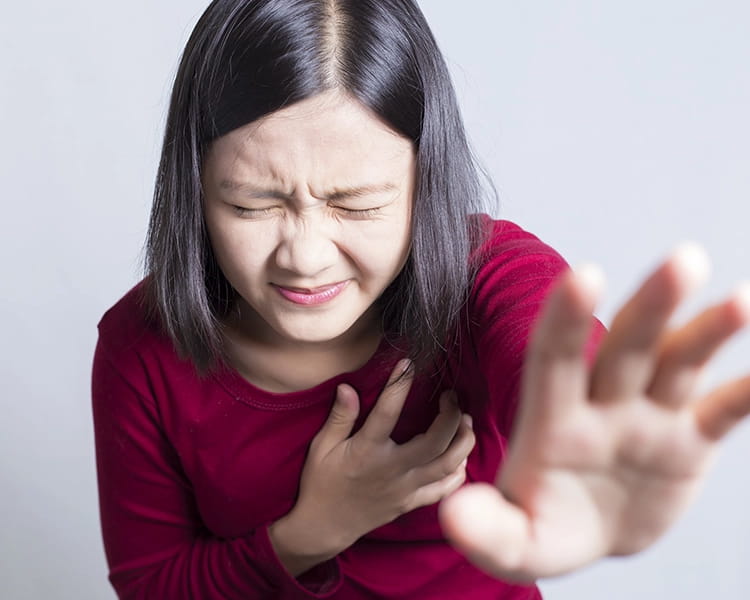Key takeaways
- Chest pain, shortness of breath, and fatigue are critical heart attack symptoms to act on immediately.
- Heart attack symptoms in women often come up through subtle signs like jaw pain or nausea, differing from men’s classic chest pain.
- A healthy lifestyle, including regular exercise and a balanced diet, significantly reduces heart attack risk.
- Timely medical intervention during a heart attack, and proper attention to early signs of a heart attack can prevent severe complications and improve survival rates.

How was the experience with the article?
We'd love to know